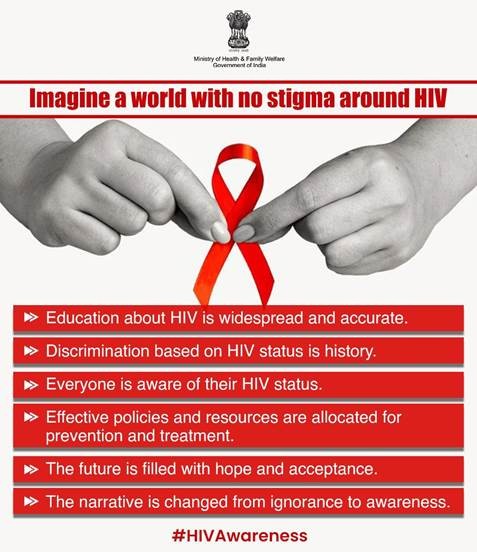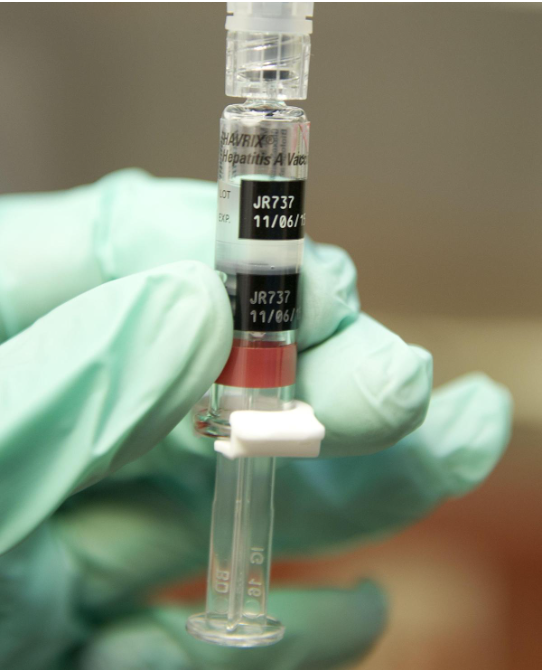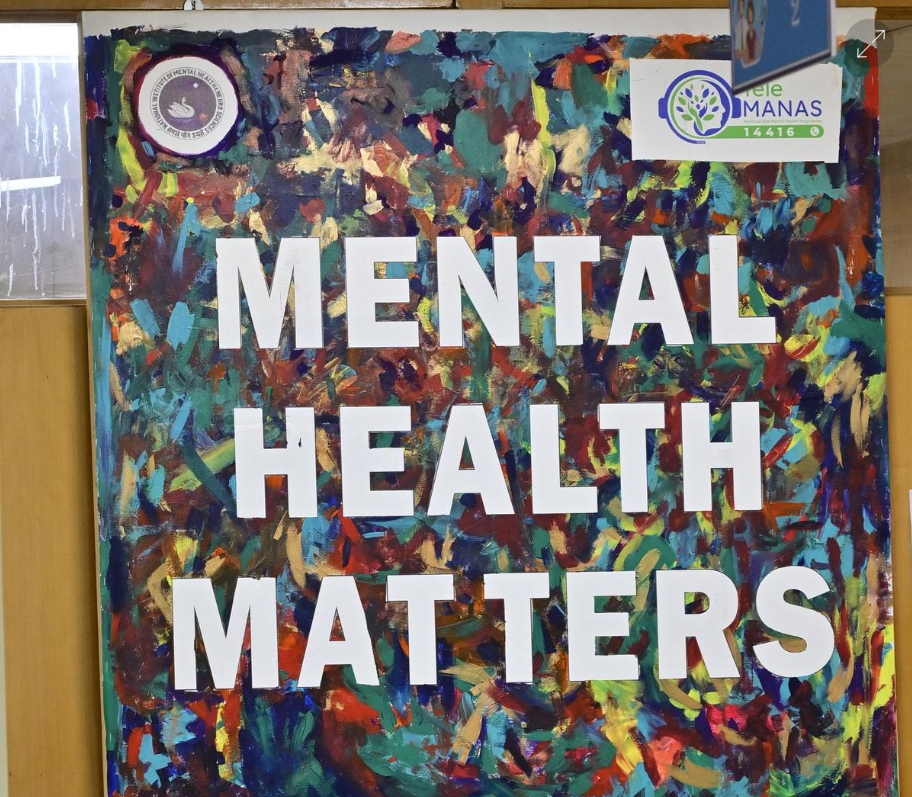




Source: YASHODAHOSPITALS
Disclaimer: Copyright infringement not intended.
India is at the center of the global diabetes epidemic. As highlighted in The Lancet and WHO reports, the country must focus on improving diagnosis, promoting lifestyle changes and achieving the 2030 WHO targets.
In 1990, about 200 million people globally had diabetes. By 2022, this number increased to over 800 million as per data published in The Lancet. The global prevalence of diabetes in adults doubled from 7% in 1990 to 14% in 2022.
India has the highest number of diabetes cases in the world. 212 million people are living with diabetes. 133 million people above the age of 30 remain untreated compared to 78 million untreated cases in China.
With 133 million undiagnosed cases, India must act fast.
Read about Diabetes in detail: https://www.iasgyan.in/daily-current-affairs/diabetes
The analysis by the NCD Risk Factor Collaboration with support from the WHO improved diagnosis methods. Earlier studies relied on fasting plasma glucose levels.
The new study included HbA1c (glycated haemoglobin) levels which provide a clearer picture. This method revealed a higher prevalence of diabetes in South Asia including India as earlier methods missed many cases.
Eating high-calorie, carbohydrate-rich and fatty foods.
Leading a sedentary lifestyle with little physical activity.
According to a November 2023 WHO report smoking increases the risk of diabetes by 30%-40%.
Nicotine, the addictive substance in tobacco, harms insulin-producing beta cells reducing insulin production. It causes insulin resistance leading to higher blood sugar levels.
Women who develop diabetes during pregnancy (gestational diabetes) are at risk of diabetes later in life. Their children are also more likely to develop diabetes.
Smoking worsens diabetes and increases the risk of heart disease and death. Quitting tobacco can lower the risk of developing diabetes. It also reduces the chances of complications like cardiovascular diseases.
WHO has set targets for 2030:
Increase access to advanced testing methods like HbA1c for better identification of cases.
Promote healthy eating, regular exercise and reduced calorie intake.
Focus on care during pregnancy to prevent long-term risks for both mother and child.
Educate the public about the dangers of smoking and its link to diabetes.
Sources:
|
PRACTICE QUESTION Q.Diabetes is often referred to as a ‘lifestyle disease.’ Discuss how socio-cultural shifts and urbanization in India have contributed to its rapid increase. Propose sustainable solutions to curb its growth. (250 Words) |






© 2025 iasgyan. All right reserved